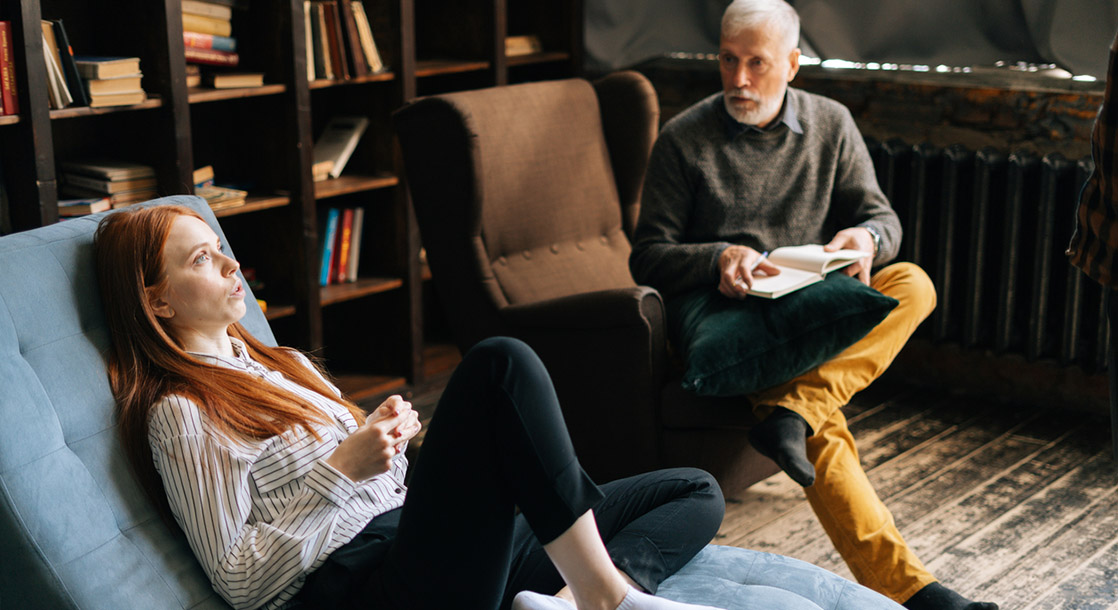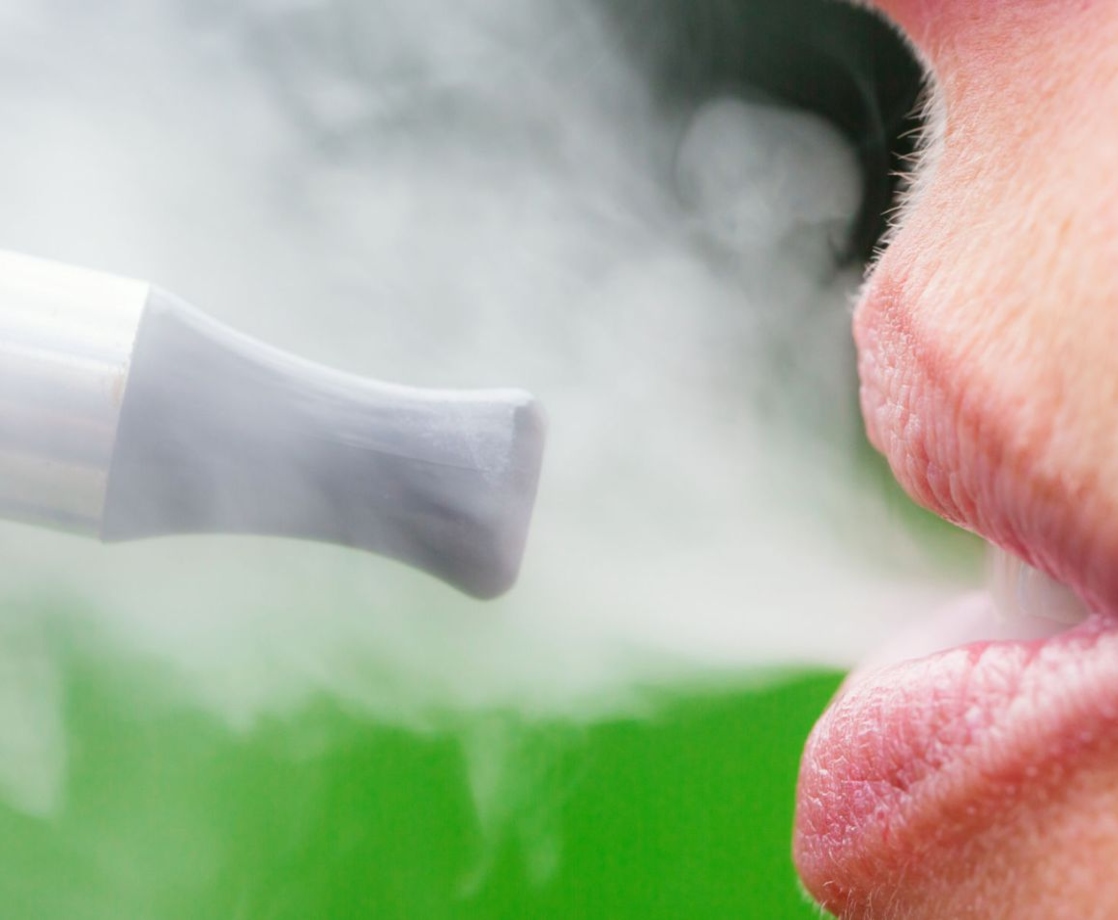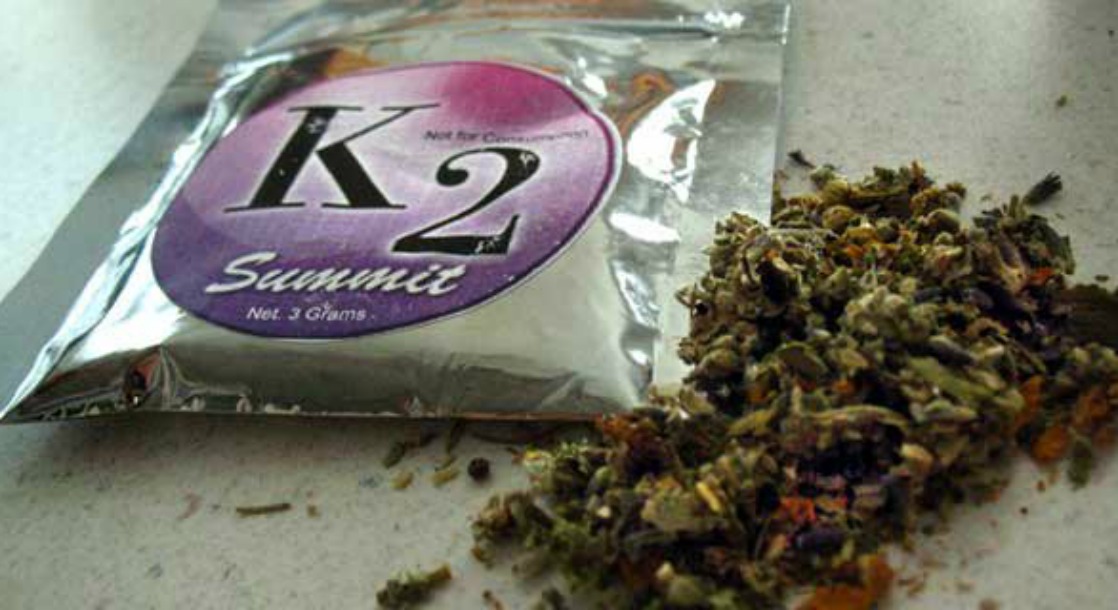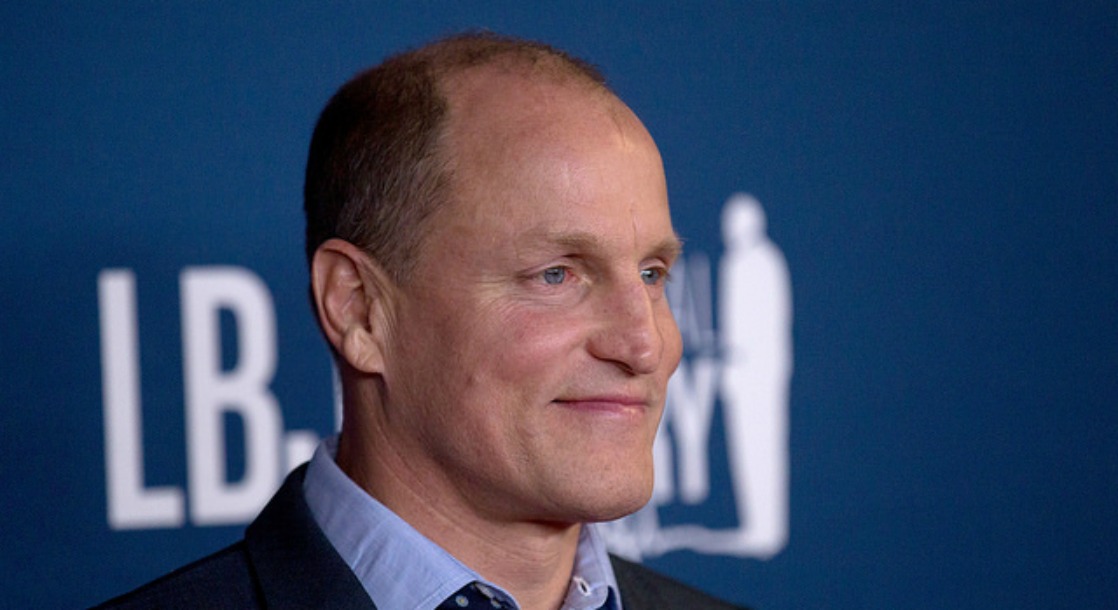A New York state lawmaker just filed a bill that would bring legal psilocybin-assisted therapy to the Empire State.
The proposal, sponsored by Assemblyman Pat Burke (D), would “create psilocybin service centers to provide innovative treatment options for ailments such as PTSD, depression, alcohol dependency, anxiety” and other conditions. The bill would allow businesses to set up legal psilocybin cultivation, processing, and testing facilities under supervision of the state Department of Health.
“Struggles with diseases like PTSD, depression, anxiety, and alcoholism can be major disruptors to a person’s livelihood as well as their family’s,” the bill explains. “These mental health detriments can deteriorate physical health, result in performance deficits on tasks, and increase rates of suicide. Psilocybin therapy is a breakthrough avenue for providing people with treatment for these ailments.”
Therapists that complete a two-hour training course would be eligible to receive licenses to recommend medical psilocybin to patients. The bill includes a specific list of qualifying conditions, including autism, cancer, multiple sclerosis, depression, PTSD, and Parkinson’s disease, but certified practitioners would also be allowed to recommend psilocybin treatments for “any other condition.”
The bill would legalize service centers where state-licensed therapists could legally administer medical psilocybin to qualified patients. These centers would only allow patients to use psilocybin during guided and monitored sessions, and would be specifically prohibited from directly dispensing medical psilocybin to patients for off-site use. The bill also includes provisions that protect patients and employees of these facilities from being arrested or prosecuted by state law enforcement.
To qualify for a license to operate a legal psilocybin center, applicants must agree to enter into a labor peace agreement with a union and take steps to maintain a safe, inclusive workspace. Regulators would be asked to prioritize applications from businesses owned by women, minorities, disabled veterans, or people from “communities disproportionally impacted by the enforcement of psilocybin prohibition.” The state would also be required to prioritize licenses to open centers in “unserved and underserved areas of the state.”
If passed, the bill would allocate $2 million in state funding to a grant program allowing veterans, firefighters, police, and medical first responders to receive psilocybin treatment for free or at reduced cost. “Our first responders expose themselves to potential trauma on a daily basis to keep us safe and well,” Burke wrote in a sponsor memo, according to Marijuana Moment. “Ensuring their access to [psilocybin] treatment demonstrates our reciprocity to keep them safe and well.”
Researchers would also be eligible to apply for licenses to conduct clinical research trials exploring the safety and efficacy of psilocybin treatments. The success of the program would be evaluated by an advisory board, which will be required to report its findings to the governor and legislature every two years. This board must include residents of disadvantaged communities, people with prior drug convictions, and industry members.
So far, Oregon is the only US state to have successfully legalized psilocybin-assisted therapy. But in addition to New York, lawmakers in California, Hawaii, Iowa, Maine, Massachusetts, Kansas, New Hampshire, and Vermont are also fighting to legalize or at least research the therapeutic use of psilocybin. And a growing number of cities, including Denver, Oakland, Ann Arbor, and Seattle, have decriminalized personal possession and use of shrooms and other natural psychedelics.











